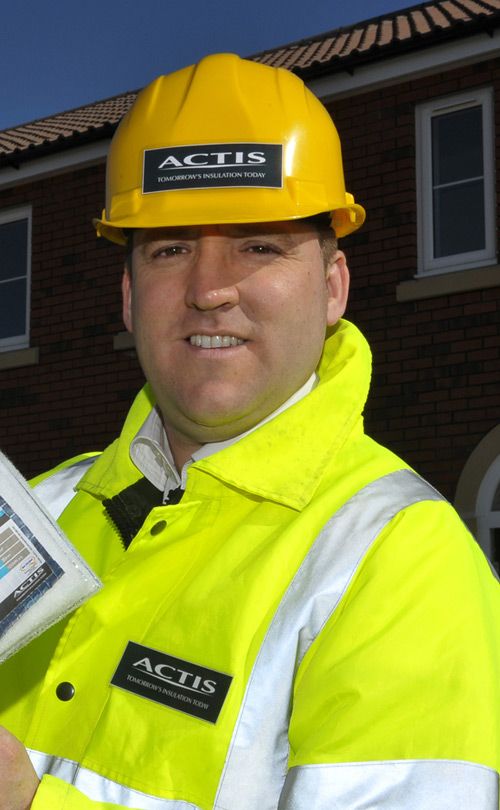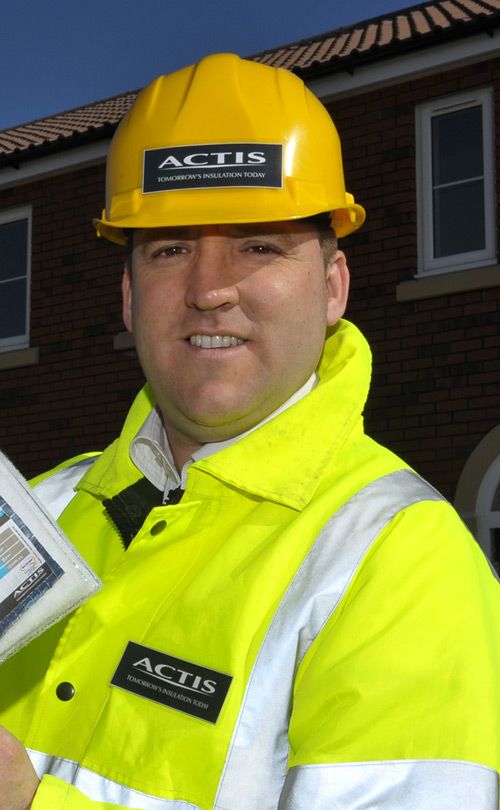
Insulation specialist Actis has backed calls by the NHS and elderly people’s charity Independent Age for more help for those at risk from cold-related deaths.
The appeals come following a release of figures from the Office for National Statistics (ONS) that show a 151% increase in the number of ‘excess winter deaths’ from 2013/14. The figure marks the biggest yearly increase since records began, taking the total to its highest point since 1999 with a total of 43,000 more people dying last winter compared to the rest of the year.
While one cause of the influx in deaths last year could be an ineffective flu vaccine, health specialists have said that cold weather and living in cold and damp environments only exacerbates the effects of such conditions.
NHS guidelines published earlier this year said that plumbers, heating engineers and meter installers should alert the authorities when they visited a “dangerously cold home” in order to help reduce the toll of winter deaths.
Janet Morrison, the chief executive of the charity Independent Age, has called on councils, the Government and energy companies to help insulate homes and assist with energy bills for vulnerable customers.
These calls have received the support of Matthew King, director for Actis UK and Ireland as he said: “It is well known that the effects of respiratory and circulatory diseases are greater in cold and damp conditions. Cold can also add to confusion – a particular hazard for dementia sufferers, and even falls can be caused by people having difficulty moving around in very low temperatures.
“It is a basic humane act to ensure that vulnerable, elderly people are provided with a safe and warm environment in which to live. The winter fuel payment alone is simply not sufficient. There is no point in heating a house that leaches heat. If it is properly insulated in the first place, the heat that is generated will stay where it is intended. Those who are most at risk in the winter are usually the ones who can least afford either to have the improvements carried out or pay to heat their homes properly.”
Guidance issued by the National Institute for Health and Care Excellence (NICE) further supports the claims made by Actis as it seeks to train healthcare workers to recognise when living conditions may be contributing to a patient’s condition and ensure buildings meet ventilation and other building and trading standards.
Speaking to the Guardian, David Sloan, co-chair of the Nice committee said: “health, social care and other professionals should always take a minute to consider the health risk of cold homes when in contact with patients and clients, and know what steps to take to get help to the people who need it. Action on cold homes can prevent early deaths.”
Recent announcements of Government plans to build 400,000 new homes across the UK sparked criticism from the industry as reports suggested that the homes would be delivered without adequate insulation. These figures bring to light the drastic impacts that cutting corners can have and therefore highlight the importance of insulating buildings to the correct standards from both an environmental and a health perspective.
The full report and figures can be viewed here.




